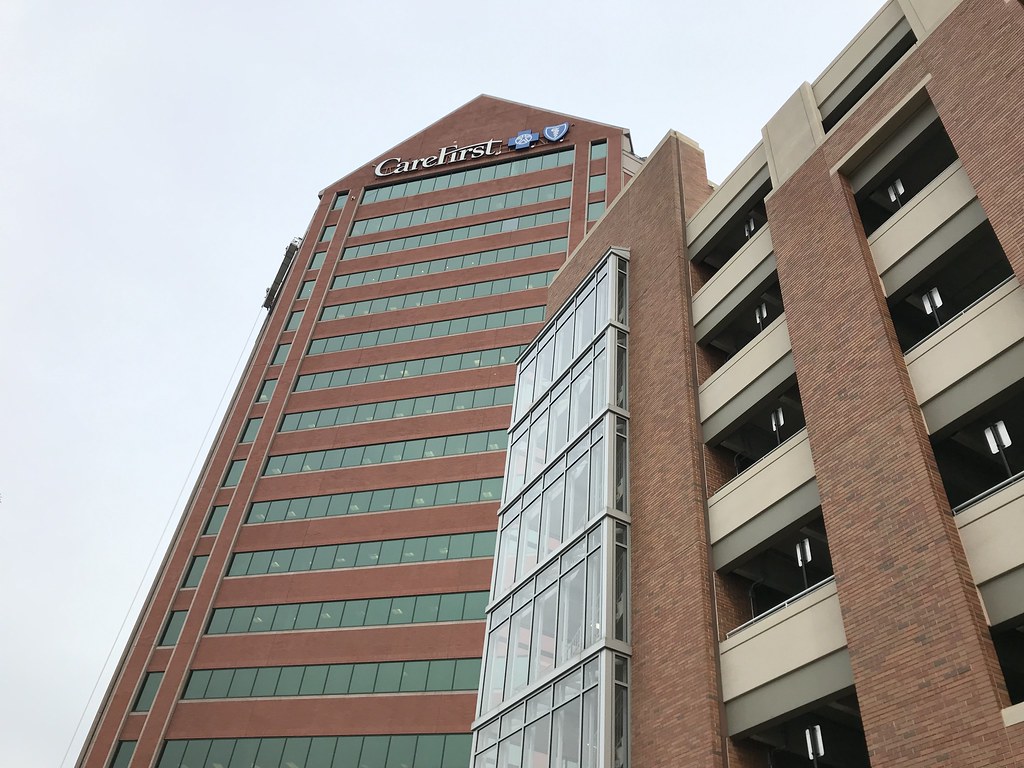A partnership started in 2019 between healthcare system LifeBridge Health and Healthworx, the innovation arm of insurer CareFirst BlueCross BlueShield, has led to the creation of a new Baltimore startup incubator.
1501 Health, which will provide investment and resources to digital health companies, will accept applications from Feb. 1 through 22. About five companies will be selected in the first cohort, and there are plans to grow the cohort size in future years up to a dozen companies.
The incubator is seeking companies that are beyond the idea stage, with a full-time team, a product or model that solves a key healthcare challenge and traction like an MVP, early customers or financing.
“Through 1501 Health, we’re looking to find and engage startups developing cutting-edge technologies and solutions that have the potential to significantly impact the healthcare ecosystem, whether that’s healthcare consumers, payers, providers or other stakeholders,” said Healthworx SVP Ricardo Johnson.
It is not required that companies are from Baltimore, but the partners are hoping to attract local companies. The incubator will accept a range of solutions — from mobile tools to connected solutions to remote sensors — but is taking a distinct focus on digital healthcare solutions in the region, as it won’t be accepting pharmaceutical companies. It’s a technology discipline that has spawned a number of Baltimore city-based startups from the area’s medical institutions, which have gone on to grow and exit.
Along with capital, there will be an emphasis on bringing community around the companies in the digital health space.
We’ve seen more organizing over the last decade around this part of the tech community, and the incubator adds participation from two of the region’s bigger players in healthcare. LifeBridge Health and Healthworx initially announced plans for the incubator as they partnered on a startup challenge in 2019. Now, LifeBridge Health’s innovation team and the team at Healthworx are jointly leading the incubator, as they are each making equal contributions in the form of space and leadership.
The incubator is offering investment of up to $100,000 for each selected company, with each partner contributing up to $50,000. Equity will taken in the form of a SAFE note that allows it to buy shares in a future funding round.
For the yearlong program, 1501 is offering startups access to a “cabinet” of mentors selected by the two orgs, who will bring expertise on both the “payer” and “provider” side of the equation for startups. Emily Durfee, who is the Healthworx co-program manager for the incubator alongside Jordan Evans of LifeBridge Health, said that perspective can help startups understand the intricacies of healthcare, as they figure out how to integrate into the structure of the healthcare system.
“Combining the clinical value from the LifeBridge Health system along with our knowledge around implementation of digital health in the clinical setting and combining that with HealthWorx peer expertise around reimbursement policies and business strategy at Healthworx, that can really add a tremendous amount of value to an early-stage startup,” said Pothik Chatterjee, the executive director of innovation and research at LifeBridge Health.
Along with capital, Chatterjee said there will be an emphasis on bringing community around the companies in the digital health space, and helping startups refine their business strategy and value proposition to gain customers.

The incubator will have a physical home inside CareFirst’s Canton headquarters, where the startups will have 10,000 square feet of dedicated space and shared amenities they will be able to freely access. Renovations were done and the innovation center was slated to open last June. With the pandemic, that opening was delayed. So it will begin virtually, with plans for a hybrid program in the future. The space will only be accessible after it is deemed safe with the pandemic.
1501 Health also has a model clinic from LifeBridge, which has an inpatient and outpatient exam room where startups can test products in a simulated setting.
For the incubator, the organizers are also planning networking and educational events.
“While we hope the advances developed at 1501 Health will improve healthcare around the world, we also wanted to offer a sense of place, as well as to connect these innovations to our shared foundations in Baltimore,” said Dr. Daniel Durand, chief innovation officer and VP of research for LifeBridge Health, in a statement.







